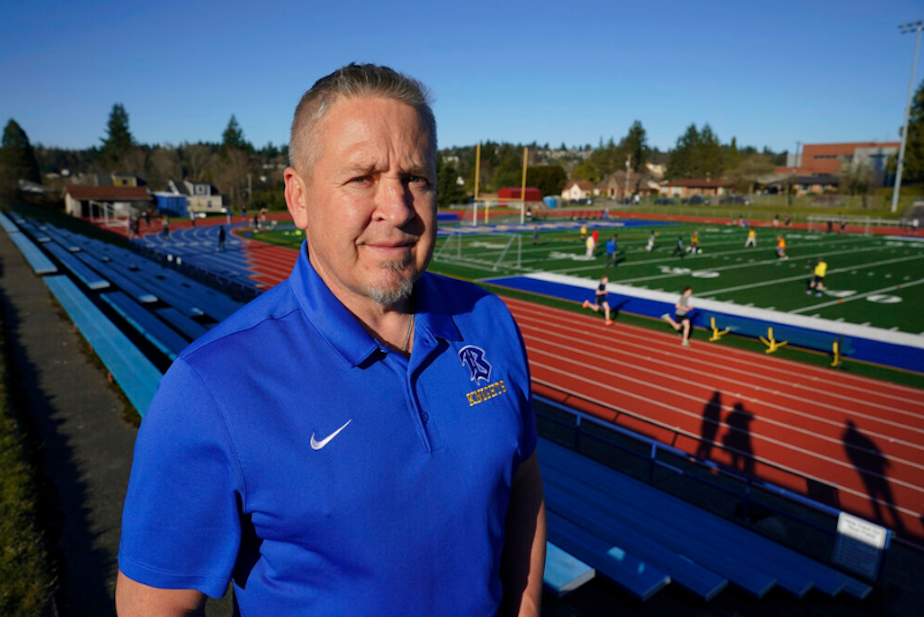SCOTUS decision on Bremerton football coach creates uncertainty around school prayer

This year, students may walk into their public school classrooms and see something new: their teacher leading a silent prayer.
Right now, that's legal. That's due to a decision from the Supreme Court earlier this summer.
In June, the Supreme Court signaled a major turning point in individual employee prayer in public schools when they issued their decision on Kennedy v. Bremerton School District.
A brief overview of the case: Joe Kennedy, a high school football coach in the Bremerton School District, would kneel at the midfield after games to pray. School officials told Kennedy he could continue to pray so long as it didn't interfere with his official duties as a coach, or when he was off the clock.
Related: U.S. Supreme Court backs Bremerton coach who prayed on football field
The district argued that Kennedy's prayer right after a game could be interpreted as the school endorsing religion. In their decision, the Supreme Court sided with Kennedy, and now, we're entering a new gray area around what is now protected as free speech.
Soundside spoke to Dr. Charles J. Russo, research professor of law at the University of Dayton, about what this new era could look like.





